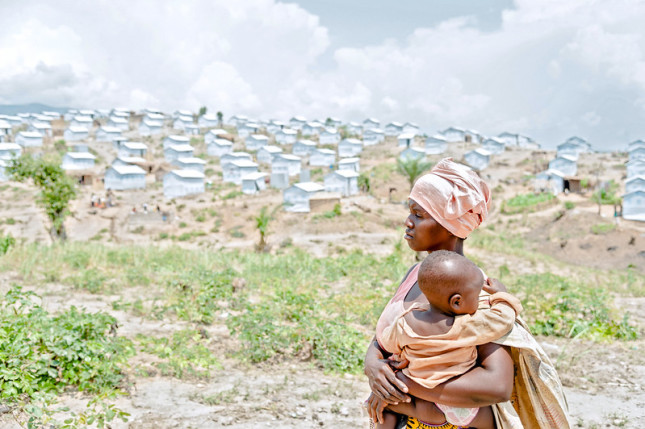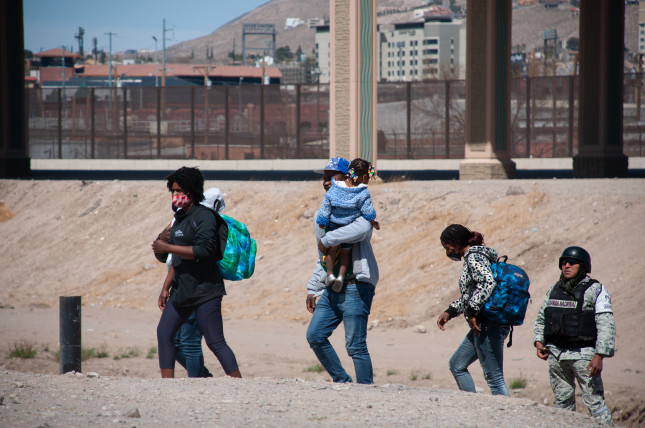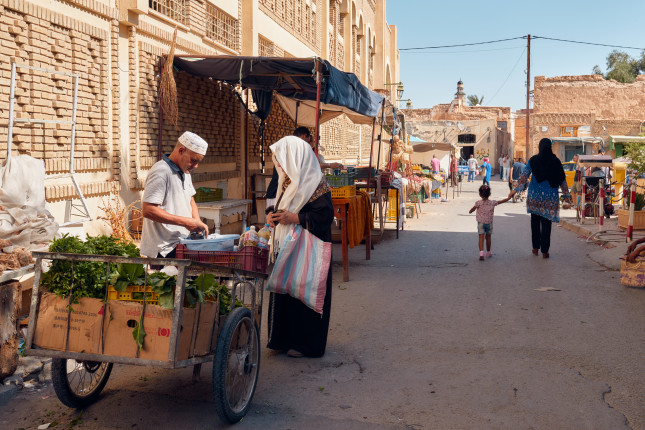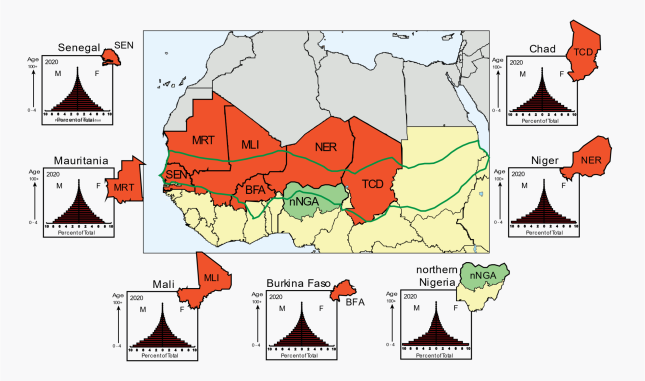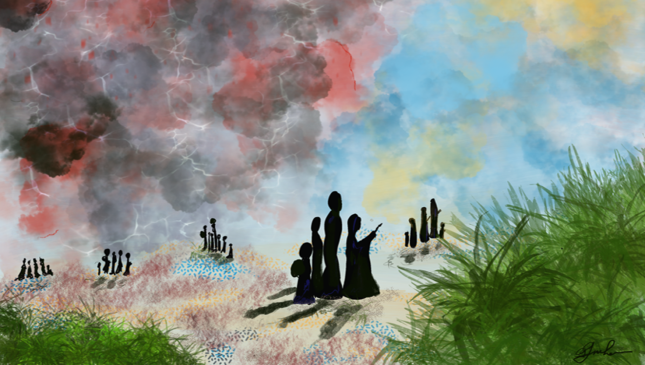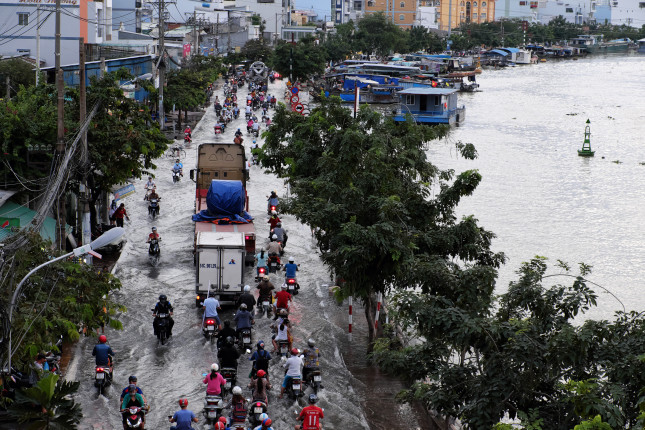-
Top 5 Posts for April 2022
›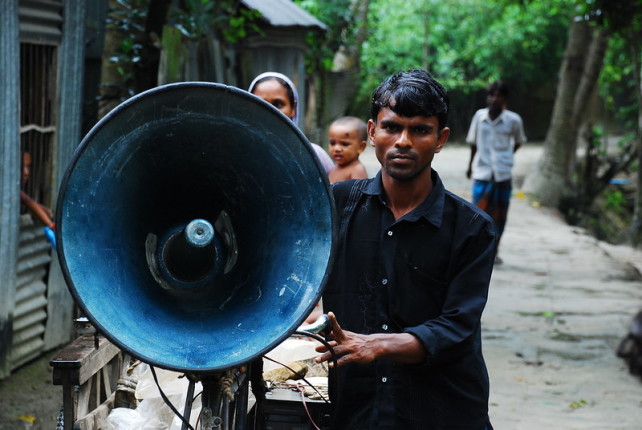 As the world reels from the Russian invasion of Ukraine, the pandemic, climate shocks, and other crises, strategic future planning is more important than ever. In April’s most-read article, Steven Gale points to a source of hope in the suite of inclusive, “future-forward” initiatives that are unfolding under UN leadership, from risk reporting to impact assessments and youth engagement. These activities, encompassed by the UN’s Our Common Agenda, represent a global collaborative effort to map future risks and identify policy options in service of long-term well-being for people and the planet.
As the world reels from the Russian invasion of Ukraine, the pandemic, climate shocks, and other crises, strategic future planning is more important than ever. In April’s most-read article, Steven Gale points to a source of hope in the suite of inclusive, “future-forward” initiatives that are unfolding under UN leadership, from risk reporting to impact assessments and youth engagement. These activities, encompassed by the UN’s Our Common Agenda, represent a global collaborative effort to map future risks and identify policy options in service of long-term well-being for people and the planet. -
New Security Brief | Converging Risks: Demographic Trends, Gender Inequity, and Security Challenges in the Sahel
›
Security conditions in the Sahel are rapidly deteriorating. Since 2016, the region has witnessed a 16-fold increase in terrorist attacks. In Burkina Faso, Chad, Mali, Mauritania, and Niger, 10.5 million people are facing starvation, and with climate-related disasters increasing and intensifying in the region, food insecurity is projected to rise. Against this backdrop, rapid population growth is outpacing governments’ ability to provide access to basic services. These pressures have transformed the central Sahel into the epicenter of a forced displacement crisis, with dire long-term and global humanitarian consequences that reverberate well beyond the region’s borders.
-
Tethering to Human Rights in the Pushes and Pulls of Human Mobility
›“In the movement toward complex solutions, at the heart of it all we’re talking about individuals with their own complex issues as they are moving through different scenarios,” said Shanna McClain, Disasters Program Manager with the National Atmospheric and Space Administration, at last month’s International Conference on Environmental Peacebuilding. The panel discussion, “Resource Implications of Human Mobility and Migration,” focused on what data shows—and doesn’t show—are the complex linkages between climate, conflict, and mobility. Panelists discussed how more integrated programming and policy actions are needed to make migration safe, orderly, and voluntary, and how to keep human rights at the center of the complex processes.
-
Migrating to Adapt to Climate Change, Tunisians Lose Their Way of Life
›
“After a series of poor harvests, limited rainfall, and an increase in the price of fertilizer, farm work has become unprofitable,” said Lazher, a fellah (agricultural laborer) from Tataouine in the rural south east of Tunisia. The 45-year-old had worked the land for half his life, even dropping out of school early to support his young family. However, when I met Lazher in December 2021, he was making the final arrangements to migrate to Tunisia’s capital, Tunis, in search of better job opportunities. Now, with diminishing local opportunities for agricultural work and few local companies that might hire unemployed laborers, Lazher secured work in one of Tunis’s many dried fruit shops called hamas.
-
Youthful Demographic Conditions Could Push the Sahel to an “Afghanistan Moment”
›Africa in Transition // Guest Contributor // February 8, 2022 // By Richard Cincotta & Stephen SmithThe countries of the Western Sahel find themselves in the tightening grip of a set of mutually reinforcing crises. These include deepening seasonal food insecurity and surges of food-aid dependency, widening income inequalities, widespread childhood stunting, low levels of education attainment and pervasive unemployment, as well as acute political instability and a rapidly growing Islamist-led insurgency that has already displaced some 2.5 million people across the region. In our recent report, What Future for the Western Sahel? The Region’s Demography and Its Implications by 2045, (published by the Atlantic Council’s Scowcroft Center for Strategy and Security), we argue that, unless the Sahelian states focus on reversing the underlying conditions that sustain high fertility—the cause of a persistently youthful and rapidly growing population—they will likely not be able to resolve these crises in the foreseeable future.
-
Keeping Human Rights in Family Planning Policy as Depopulation Fears Mount
›
Human rights have been central to the family planning movement for well over half a century, although family planning programs have not always lived up to the human rights commitments that governments publicly subscribe to. The right of couples to control their fertility was first codified in the 1968 Tehran Declaration, which noted that:
“Parents have a basic human right to determine freely and responsibly the number and spacing of their children.”
-
Food and Water Security Solutions: Reflections on Mitigating Climate-induced Population Displacement in Africa
›Almost two years after Cyclone Idai hit Mozambique, Zimbabwe, and Malawi, thousands of people remain displaced. At the time, Idai was the most powerful cyclone to hit the Southern Hemisphere in two decades, but it is no longer an anomaly. Worse, the Word Bank reports that climate change can potentially wipe out decades of social and economic progress in the developing world by displacing millions of people, many of whom will be pushed into poverty. Food and water insecurity connected to climate hazards—particularly in places dependent on agriculture—is a major factor which has forced families and whole communities to relocate for safety and subsistence.
-
The Challenges of Climate Change in an Urbanizing World
›
The recently released draft report of the Intergovernmental Panel on Climate Change (IPCC) lays out in no uncertain terms that we face an insurmountable challenge in addressing climate change and its impacts. One shocking takeaway is that sea-level rise is now thought to be irreversible. Indeed, rising temperatures and changing weather patterns threaten to send some cities under water, while causing others to dry up. These opposing challenges increasingly threaten the lives and livelihoods of people in many countries as rapid urbanization is making cities even more densely populated. Floods and droughts threatening the world’s cities will force governments of the world to reevaluate the quality of their infrastructure, their disaster management strategies, and of course, their environmental footprints.
Showing posts from category population.


